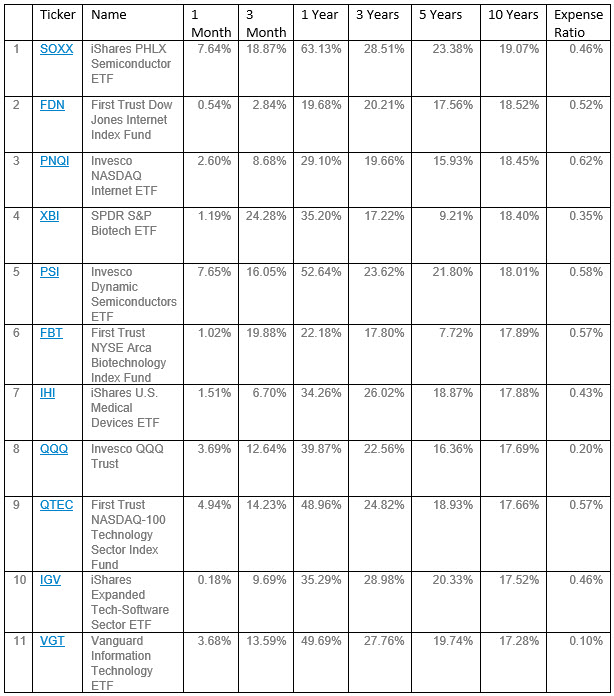With the deadly Coronavirus outbreak continuing to spread and countless US companies let alone Chinese firms suspend business in China, even though the true extent of that effect is yet to be known, it’s clear there is going to be some economic effect from this disease.
Like it or not, we all live in a world that is becoming increasingly more interconnected and interdependent. This is the same reason a disease like Coronavirus is so quick to spread around the world and why the impact on stocks is not going to be limited to those firms based solely in China.
This makes it even more difficult for investors to truly determine what is safe and what isn’t in the stock market right now. However, we do have some low hanging fruit in terms of what you should not own at this time.
The first Exchange Traded Funds you should be avoiding right now are going to be the pure-play Chinese equity ETFs. The iShares MSCI China ETF (MCHI) or the SPDR S&P China ETF (GXC) should be on your sell list or high on the list of what not to buy. These funds invest in Chinese equities and don’t favor one sector more than others. The longer the ‘quarantine’ periods last in the different provinces in China, the more these ETFs are going to be hurt, end of story. However, these could be two outstanding options if you are looking to buy back into the Chinese markets once the Coronavirus scare dies off.
Furthermore, ETFs such as the Continue reading "Coronavirus - ETFs You Should Avoid"


